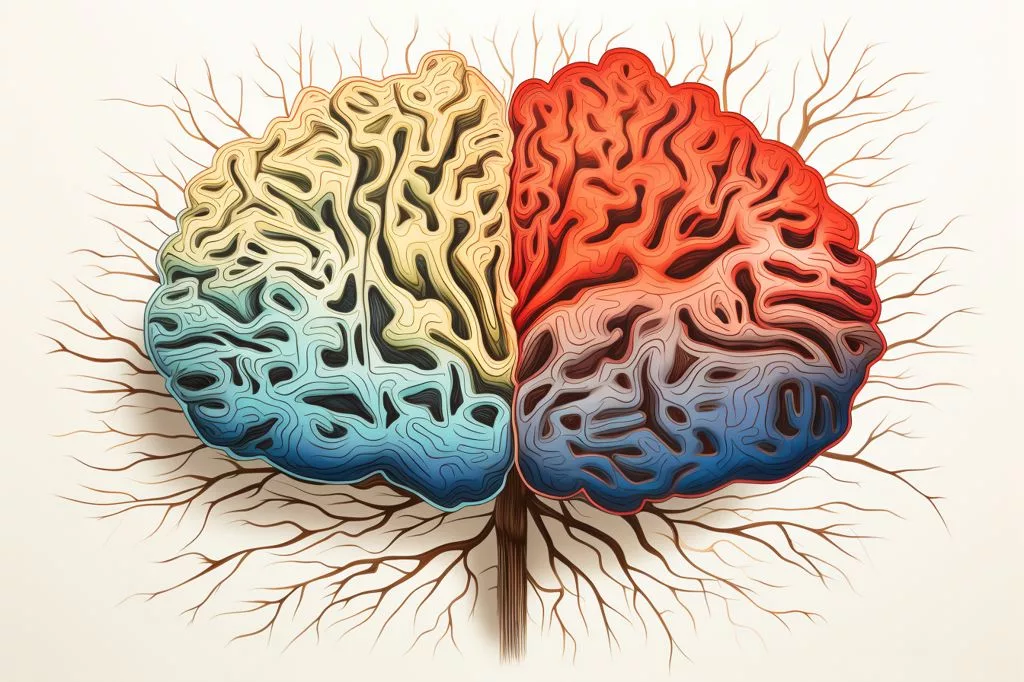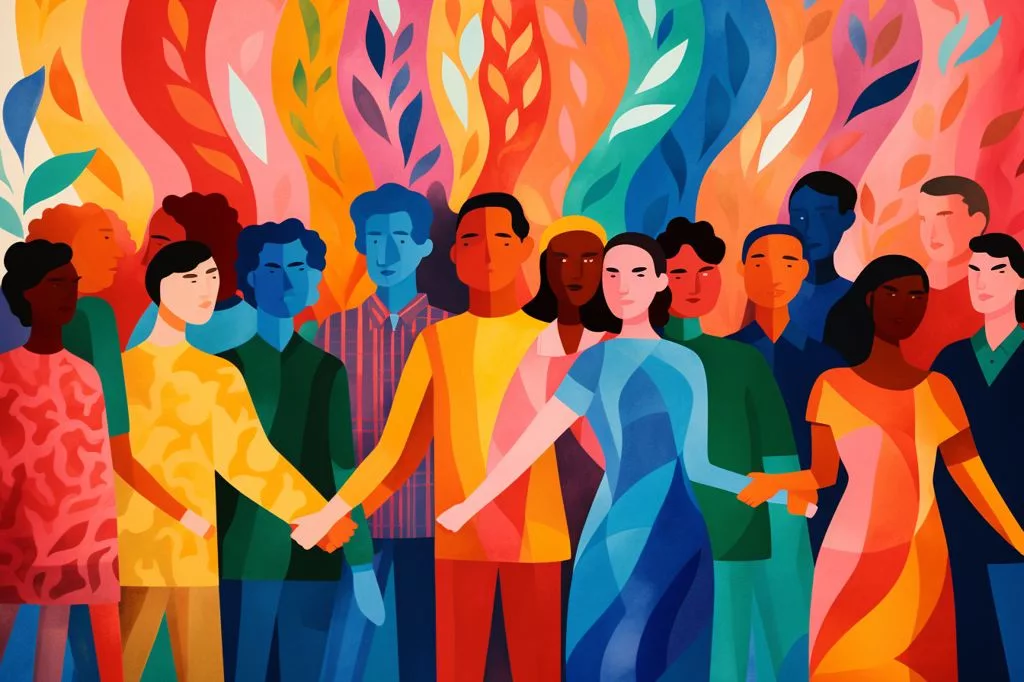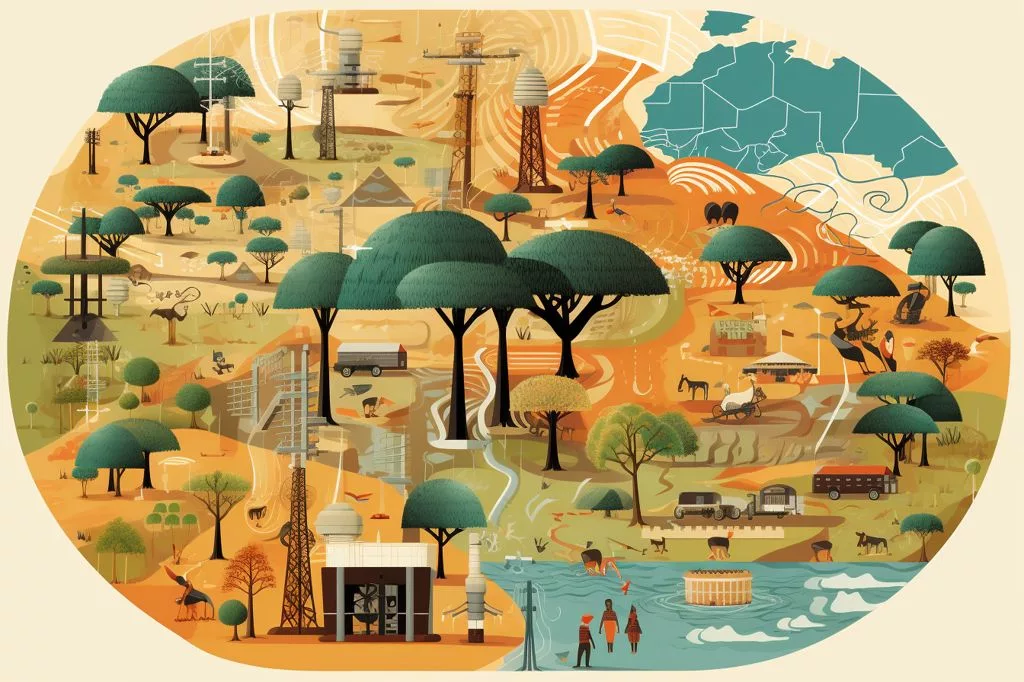Loneliness is a universal human experience that has gained attention in scientific research. Researchers suggest that loneliness may be an evolutionary mechanism that promotes the formation of social bonds. Loneliness can affect brain function, perception, and cognition, leading to unique worldviews and interactions with both fictional characters and inanimate objects. These studies demonstrate that loneliness is not just about the absence of others, but also a yearning for connection, highlighting the fundamental importance of social connections in our lives.
What is the evolutionary significance of loneliness?
Loneliness could be an evolutionary mechanism that promotes the formation of social bonds. Human beings rely on social connections for security, access to resources, and reproductive opportunities. Although loneliness is an uncomfortable sensation, it often drives people to reestablish contact with others, resulting in multiple benefits. However, loneliness can also lead to social withdrawal and pessimistic thinking, making it more difficult to create connections.
Loneliness is a universal human experience that has recently gained attention in scientific research. Investigators are examining the effects of social isolation on perception and cognition, providing valuable insights into the complexity of the human mind and its inherent need for connection.
The Evolutionary Significance of Loneliness
Loneliness could be an evolutionary mechanism that promotes the formation of social bonds. Human beings rely on social connections for security, access to resources, and reproductive opportunities. Although loneliness is an uncomfortable sensation, it often drives people to reestablish contact with others, resulting in multiple benefits. However, loneliness can also lead to social withdrawal and pessimistic thinking, making it more difficult to create connections.
Brain Function and the State of Loneliness
Research has revealed differences in brain function related to loneliness. In young adults experiencing loneliness, the areas responsible for social cognition and empathy exhibit lower white matter density, impacting the communication and information exchange between brain regions. On the other hand, older lonely individuals have smaller brain areas crucial for cognitive processing and emotional regulation.
Unique Worldview of Lonely Individuals
Recent studies have revealed that lonely people interpret the world in a unique way. When participants were asked to watch video clips while inside an fMRI scanner, non-lonely individuals exhibited similar neural activity. In contrast, lonely participants displayed brain activity that was distinct from each other and from non-lonely participants. This finding suggests that loneliness influences how people perceive the world around them.
Relations with Fictional Characters and Loneliness
The difference in perception also extends to how lonely people view fictional characters. In a study where participants assessed the accuracy of adjectives describing Game of Thrones characters, researchers observed brain activity that differentiated between real and fictional individuals. For non-lonely participants, there was a clear distinction between the two categories; however, the boundary was less distinct for lonelier individuals. This observation implies that loneliness may lead people to regard fictional characters similarly to real-life friends. Nonetheless, the design of the study does not conclusively determine whether loneliness causes such thinking or if the act of considering fictional characters in this way causes loneliness. It is also possible that a third factor is responsible for both outcomes.
Loneliness and Interaction with Inanimate Objects
In another study conducted by Scottish researchers, the impact of loneliness on cognition concerning inanimate objects was investigated. Participants viewed images of products with pareidolic faces (patterns that resemble faces) and rated their inclination to explore the product and their likelihood of purchasing it. Lonelier participants were more prone to interact with and buy products displaying “happy” configurations, indicating that loneliness prompts individuals to seek connections even with inanimate objects. This finding corroborates previous research suggesting that lonelier people are more inclined to anthropomorphize gadgets and pets.
The Innate Need for Connection
Collectively, these studies demonstrate that loneliness is not just about the perceived absence of others, but also a yearning for connection. Whether by regarding fictional characters as real friends or being drawn to objects displaying happiness, the human brain seeks social connections, particularly when it feels deprived of them. Gaining a deeper understanding of the nuances of loneliness and its influence on perception and cognition can offer invaluable insights into human behavior and the fundamental importance of social connections in our lives.
1. What is the evolutionary significance of loneliness?
Loneliness may be an evolutionary mechanism that promotes the formation of social bonds. Human beings rely on social connections for security, access to resources, and reproductive opportunities. Although loneliness is an uncomfortable sensation, it often drives people to reestablish contact with others, resulting in multiple benefits. However, loneliness can also lead to social withdrawal and pessimistic thinking, making it more difficult to create connections.
2. How does loneliness affect brain function?
Research has revealed differences in brain function related to loneliness. In young adults experiencing loneliness, the areas responsible for social cognition and empathy exhibit lower white matter density, impacting the communication and information exchange between brain regions. On the other hand, older lonely individuals have smaller brain areas crucial for cognitive processing and emotional regulation.
3. Do lonely people have a unique worldview?
Yes, recent studies have revealed that lonely people interpret the world in a unique way. When participants were asked to watch video clips while inside an fMRI scanner, non-lonely individuals exhibited similar neural activity. In contrast, lonely participants displayed brain activity that was distinct from each other and from non-lonely participants. This finding suggests that loneliness influences how people perceive the world around them.
4. How does loneliness affect the perception of fictional characters?
Loneliness may lead people to regard fictional characters similarly to real-life friends. In a study where participants assessed the accuracy of adjectives describing Game of Thrones characters, researchers observed brain activity that differentiated between real and fictional individuals. For non-lonely participants, there was a clear distinction between the two categories; however, the boundary was less distinct for lonelier individuals.
5. Does loneliness affect the interaction with inanimate objects?
Yes, lonelier people are more inclined to anthropomorphize gadgets and pets. In a study conducted by Scottish researchers, participants viewed images of products with pareidolic faces (patterns that resemble faces) and rated their inclination to explore the product and their likelihood of purchasing it. Lonelier participants were more prone to interact with and buy products displaying “happy” configurations, indicating that loneliness prompts individuals to seek connections even with inanimate objects.
6. What is the impact of loneliness on cognitive processing and emotional regulation?
Older lonely individuals have smaller brain areas crucial for cognitive processing and emotional regulation. This finding suggests that loneliness may affect not only perception and cognition but also emotional regulation.
7. What is the fundamental importance of social connections?
Collectively, the studies demonstrate that loneliness is not just about the perceived absence of others, but also a yearning for connection. The human brain seeks social connections instinctively, particularly when it feels deprived of them. Gaining a deeper understanding of the nuances of loneliness and its influence on perception and cognition can offer invaluable insights into human behavior and the fundamental importance of social connections in our lives.
8. Can loneliness be overcome?
Yes, loneliness can be overcome. It often drives people to reestablish contact with others, resulting in multiple benefits. However, it can also lead to social withdrawal and pessimistic thinking, making it more difficult to create connections. Seeking professional help, joining social groups, engaging in hobbies, and volunteering are some of the ways to combat loneliness.








